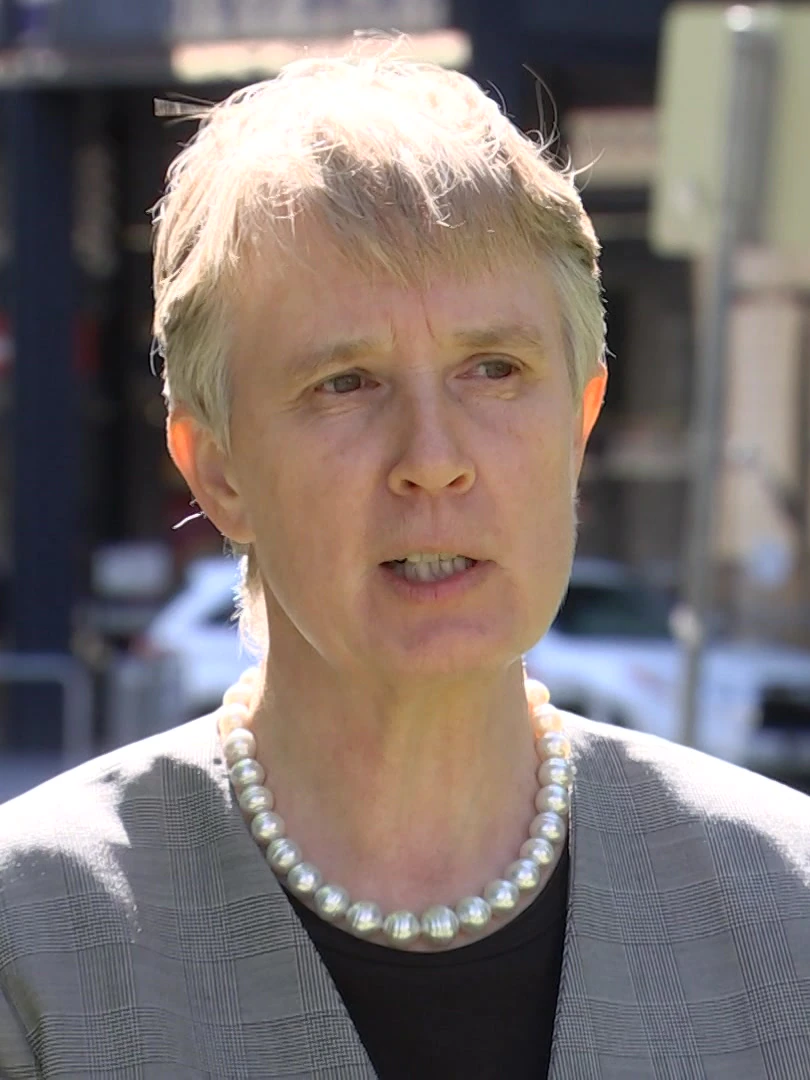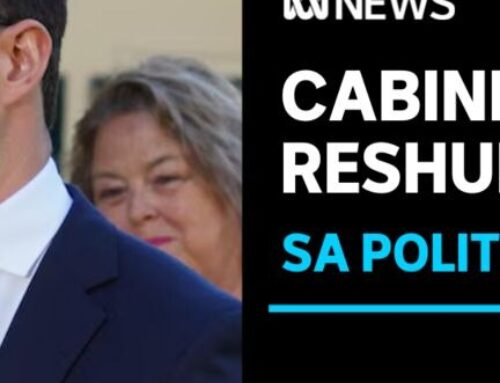Members of the South Australian parliament will officially be banned from harassing staff and other MPs under a long-awaited code of conduct tabled today.
Key points:
- A draft code of conduct has been tabled in parliament
- No sanctions have been written into the code’s framework
- The code is expected to be unanimously adopted in both houses
The draft code covers five areas, including: conflicts of interest, gifts, public resources, confidentiality, and standards of behaviour.
A committee took more than seven months to draft the 335-word code of conduct, which the Equal Opportunity Commissioner, Jodeen Carney, described as “common sense”.
“The code of conduct has taken a long time to arrive, but it generally hits the mark,” Ms Carney said.
However, Ms Carney raised concerns that no sanctions have been written into the code’s framework.
Potential breaches of the code will be reported to the Office of Public Integrity, which will then decide if the breach should be referred to the Ombudsman.
If the Ombudsman finds a breach has occurred, she or he can make recommendations but not enforce any sanctions or lay charges.
Instead, the committee’s report says, it will be up to voters to remove MPs during an election period.
“Ultimately, members of parliament are accountable to the people and may be removed from office by their electors,” the report states.
The committee heard evidence from numerous stakeholders, including political parties, SA Police, the Acting Equal Opportunity Commissioner and the Independent Commissioner Against Corruption, Ann Vanstone.
Ms Vanstone proposed the establishment of a parliamentary conduct commissioner to “provide for a sound mechanism to investigate and report on, misconduct by members of parliament”.
However, the committee rejected that suggestion, saying it would be up to the political parties or the parliament itself to enforce any potential sanctions.
Ms Carney said the ICAC’s suggestion of creating a parliamentary conduct commissioner was “a missed opportunity”.
“I am concerned that the committee has provided no sanctions in the event that the Ombudsman makes a finding of misconduct, other than waiting for electors to remove a member of parliament,” Ms Carney said.
Treasurer Rob Lucas said the parliament could establish privileges committees and “could withdraw privileges if they decided to endorse the recommendations of the Ombudsman”.
“Political leaders could take decisions to say, you no longer hold office as a minister, or shadow minister, as a result of a finding from the Ombudsman that it was a serious or intentional breach of a code of conduct,” Mr Lucas said.
The code is expected to be unanimously adopted in both houses during parliament’s next sitting week.





